Radiofrequency Ablation (RFA)

Understanding Radiofrequency Ablation Varicose Veins and Venous Insufficiency (RFA)
Radiofrequency ablation (RFA) leverages the power of controlled thermal energy, classifying it as a thermal ablation treatment. This method targets problematic veins that have become enlarged and twisted due to faulty valves.
When functioning correctly, these valves ensure unidirectional blood flow from the legs to the heart.
With venous insufficiency, the vein valves lose their ability to function properly, allowing blood to collect and varicose veins to form.
The RFA procedure addresses this issue directly. Guided by real-time ultrasound imaging, a highly skilled vascular specialist inserts a thin, specialized catheter into the affected vein through a tiny incision, often no larger than a few millimeters.
This precision is a hallmark of this minimally invasive technique to treat varicose veins, contrasting sharply with the larger incisions required in traditional vein-stripping surgery.
Once the catheter is strategically positioned within the diseased vein, it emits radiofrequency energy. This energy generates localized heat within the vein wall. The controlled heat application causes the collagen in the vein wall to contract and the vein to collapse and seal shut.
Over time, the treated, non-functional vein is naturally and safely absorbed by the body’s lymphatic system, much like any other tissue that is no longer needed. The crucial aspect of this process is the redirection of blood flow.
With the problematic vein sealed off, blood circulation is naturally rerouted to nearby healthy veins, effectively restoring proper venous return and alleviating the bothersome symptoms associated with varicose veins.
Following the procedure, patients often experience significantly reduced leg pain, heaviness, swelling, itching, and cramping. Furthermore, the cosmetic appearance of the legs usually improves as the prominent varicose veins diminish.
Conditions Commonly Treated With This Procedure
Radiofrequency Ablation Varicose Veins Treatment in Dubai: Procedure
The radiofrequency ablation procedure’s outpatient nature is a significant advantage for many individuals. The procedure usually takes just 30 to 60 minutes, and patients are able to go home the same day.
The use of local anesthesia allows for a pain-free experience while keeping the patient awake and at ease during the procedure.
While general anesthesia is an option for those who prefer it, the minimally invasive nature of RFA often makes local anesthesia sufficient and contributes to a faster recovery.
The immediate post-procedure period involves applying a compression stocking to the treated leg.
This essential garment reduces swelling, supports healing, and promotes healthy blood circulation in the remaining veins.
Light walking is recommended for patients soon after the procedure to support recovery. This gentle activity further stimulates blood flow and helps prevent the formation of blood clots.
However, to allow the treated area to heal correctly, avoiding strenuous activities, heavy lifting, and prolonged standing or sitting for about a week is generally advised.
In the days and weeks following the radiofrequency ablation, some patients may experience mild bruising, a sensation of tightness, or minor discomfort along the path of the treated vein. These symptoms are typically temporary and part of the body’s natural healing response. Over-the-counter pain relievers can manage any discomfort.
A crucial component of post-operative care is the follow-up ultrasound appointment, typically scheduled within the first two weeks after the procedure.
This non-invasive imaging technique allows the vascular specialist to visualize the treated vein and confirm it has successfully closed.
It also allows for the early detection and management of any potential complications. While radiofrequency ablation offers long-lasting relief from varicose veins, it’s essential to understand that it addresses the existing problematic veins.
To help prevent the formation of additional varicose veins, it’s important to maintain vascular health through regular exercise, healthy weight control, and the use of compression stockings if advised.
Regular follow-up appointments with Dr. Soroush Sohrabi can also be crucial in monitoring vein health for better recovery from varicose veins treatment Dubai and proactively addressing new concerns.
Choose Dr. Soroush Sohrabi for Advanced Thermal Ablation Treatment in Dubai—Where Medical Excellence Meets Compassionate Care.
If you’re struggling with varicose veins or chronic leg discomfort, now is the time to take the first step toward lasting relief. Dr. Soroush Sohrabi, a leading expert in radiofrequency ablation, offers minimally invasive solutions to restore healthy circulation, reduce symptoms, and improve overall quality of life. Schedule a personalized consultation today and learn how his state-of-the-art treatment approach can help you achieve pain-free, healthier legs with minimal downtime and long-term results. Your journey to better vascular health starts here.
Medical Review & Clinical Oversight
This page is written and reviewed by Dr. Soroush Sohrabi, Consultant Vascular & Endovascular Surgeon. Clinical content is based on current vascular guidelines, duplex ultrasound assessment, and evidence-based treatment principles.

